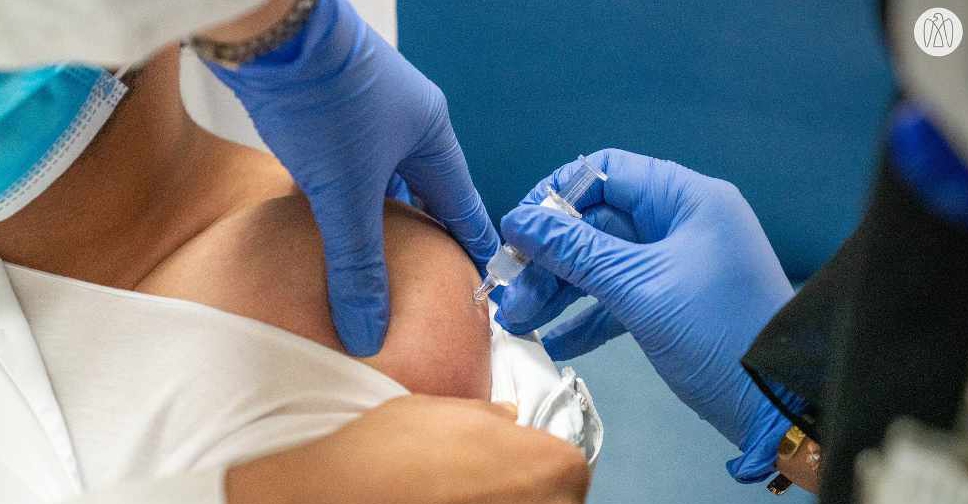
Healthcare and political leaders have called for an equitable programme to immunise the global population against COVID-19 by 2022, at the closing sessions of the World Government Summit.
High-profile guest speakers also discussed the perils of leaving poor countries behind as vaccine nationalism sets in.
Sultan Ahmed Bin Sulayem, Group Chairman and CEO of DP World, issued a challenge to global corporations to join the vaccine distribution effort. "Until the vaccine is available to everyone, the pandemic will not end for anyone," he said.
"I invite you to join UNICEF, the World Health Organisation and DP World to make vaccines for all a reality. We can only do this together, with actions, not words, and commitment to a better future for all. Distributing COVID-19 vaccines is humanity's biggest logistics challenge since the end of the Second World War."
The UAE Minister of Cabinet Affairs and Chairman of the Summit, Mohammed Abdullah Al Gergawi, stated that the pandemic has been "an equaliser that showed us how interdependent we are."
Highlighting the urgent challenge for the West African nation of Senegal, President Macky Sall said, "While 525,000 people will get the vaccine through the COVAX initiative, we need to vaccinate eight million."
The Senegalese President said the country has so far received 124,000 doses of the vaccine. Since mid-February, 65,000 people have been vaccinated. The government plans to vaccinate three per cent of its frontline workers this year and up to 60 per cent of its population in collaboration with the African Union by the end of the programme.
For his part, Dr David Nabarro, the WHO's Special Envoy on COVID-19 said global immunisation would only be a possibility by the end of 2022 if all nations start pulling together. "While the COVAX effort is commendable, if a few countries take the majority of the supplies and leave minimal cash and vaccine supplies behind for the rest, this is not ethical," he said.
The current "free-for-all" approach to vaccine supplies with "a small number of nations trying to outbid one another," doesn’t work. But "fair access to the vaccine for everybody, the objective for immunisation, at least by 2022, is a reasonable prospect," Nabarro said.
Meanwhile, the Executive Director of UNICEF, Henrietta Fore, said: "We have been asking the world for more funding... for UNICEF and our distribution to countries we still need about $1 billion.
"We still need to do more – the UAE has supported the COVAX Facility in the actual distribution – in Ghana last week, it provided 2,500 fridges to help in the cold chain. We, as one world, need to ensure equitability, and although we are off to a good start with the target of 2 billion doses a year, it is likely to be at least end-2022 before we vaccinate a majority of the population – particularly in the least developed countries. Licensing is equally a challenge here," Fore stressed.
H.E. Mohammad Abdullah Al Gergawi touches on the challenges of COVID-19 and introduces the megatrends enforced by this unprecedented pandemic.#WorldGovSummit pic.twitter.com/WNssNLycSm
— World Governments Summit (@WorldGovSummit) March 10, 2021




 UAE to introduce AI lessons for public school students
UAE to introduce AI lessons for public school students
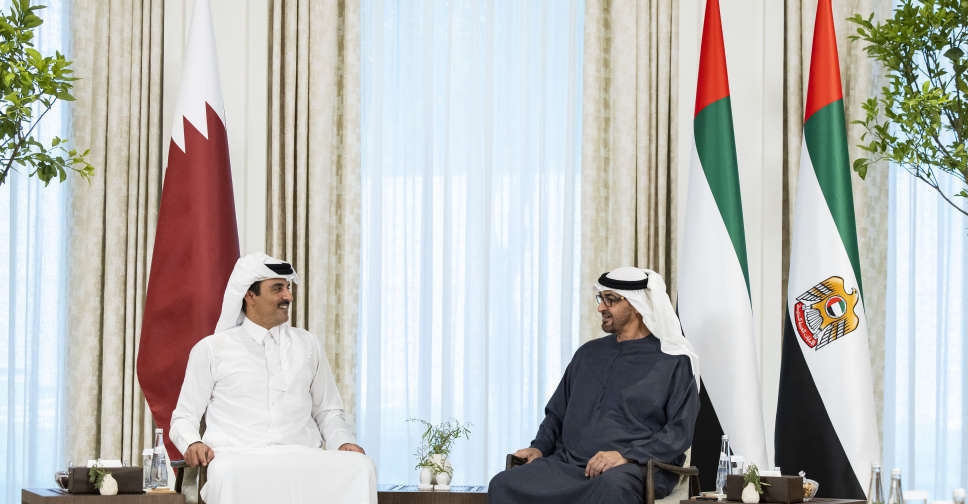 UAE President holds talks with Emir of Qatar in Abu Dhabi
UAE President holds talks with Emir of Qatar in Abu Dhabi
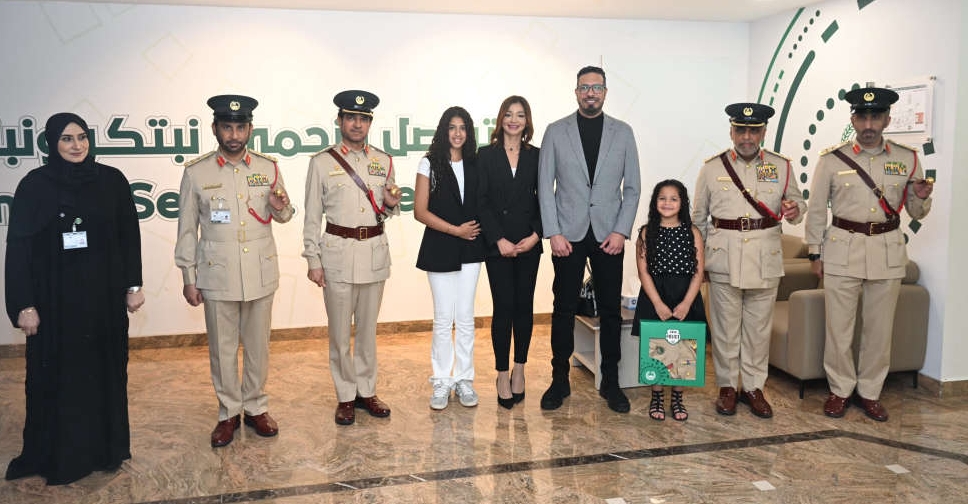 Dubai Police honours 8-year-old girl for handing over lost cash
Dubai Police honours 8-year-old girl for handing over lost cash
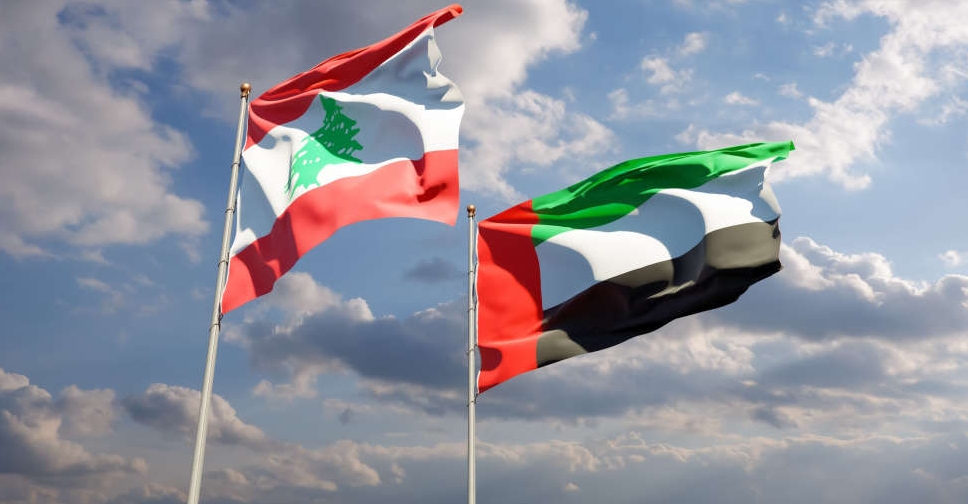 UAE allows citizens to travel to Lebanon from May 7
UAE allows citizens to travel to Lebanon from May 7
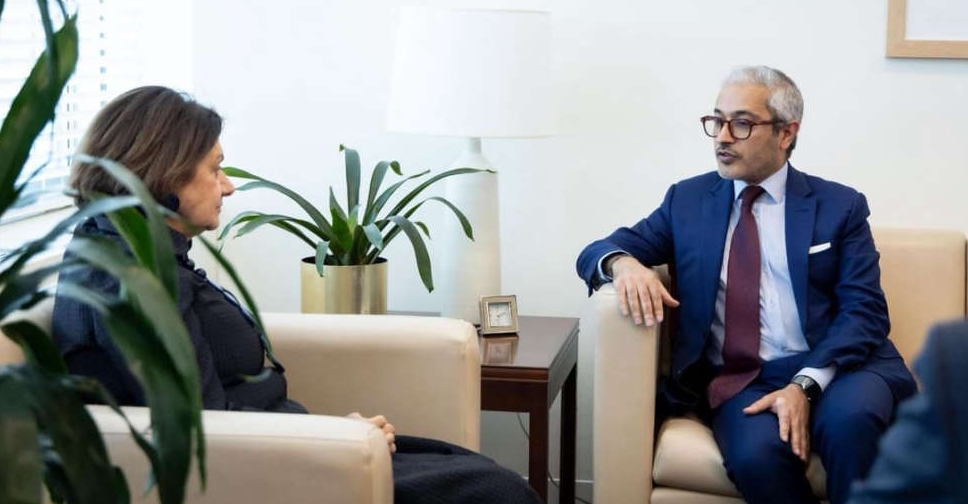 UAE Ambassador calls for Sudan ceasefire during talks with UN official
UAE Ambassador calls for Sudan ceasefire during talks with UN official







